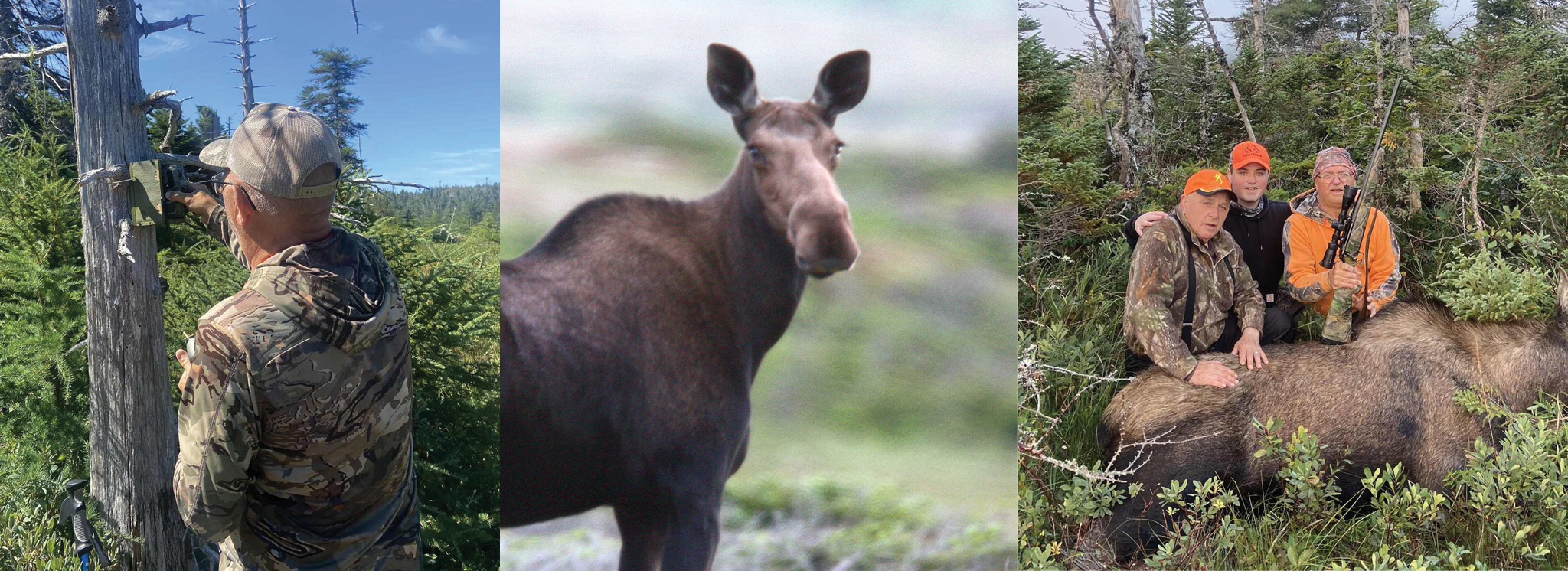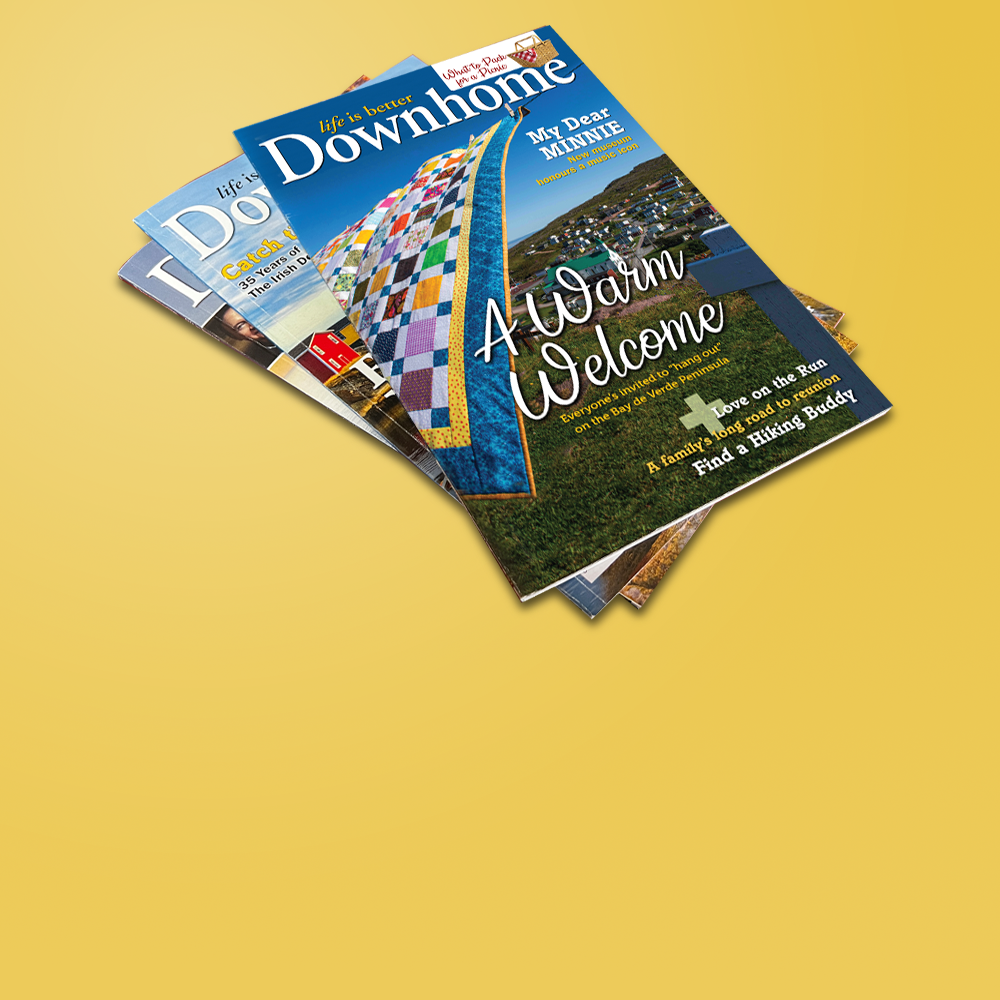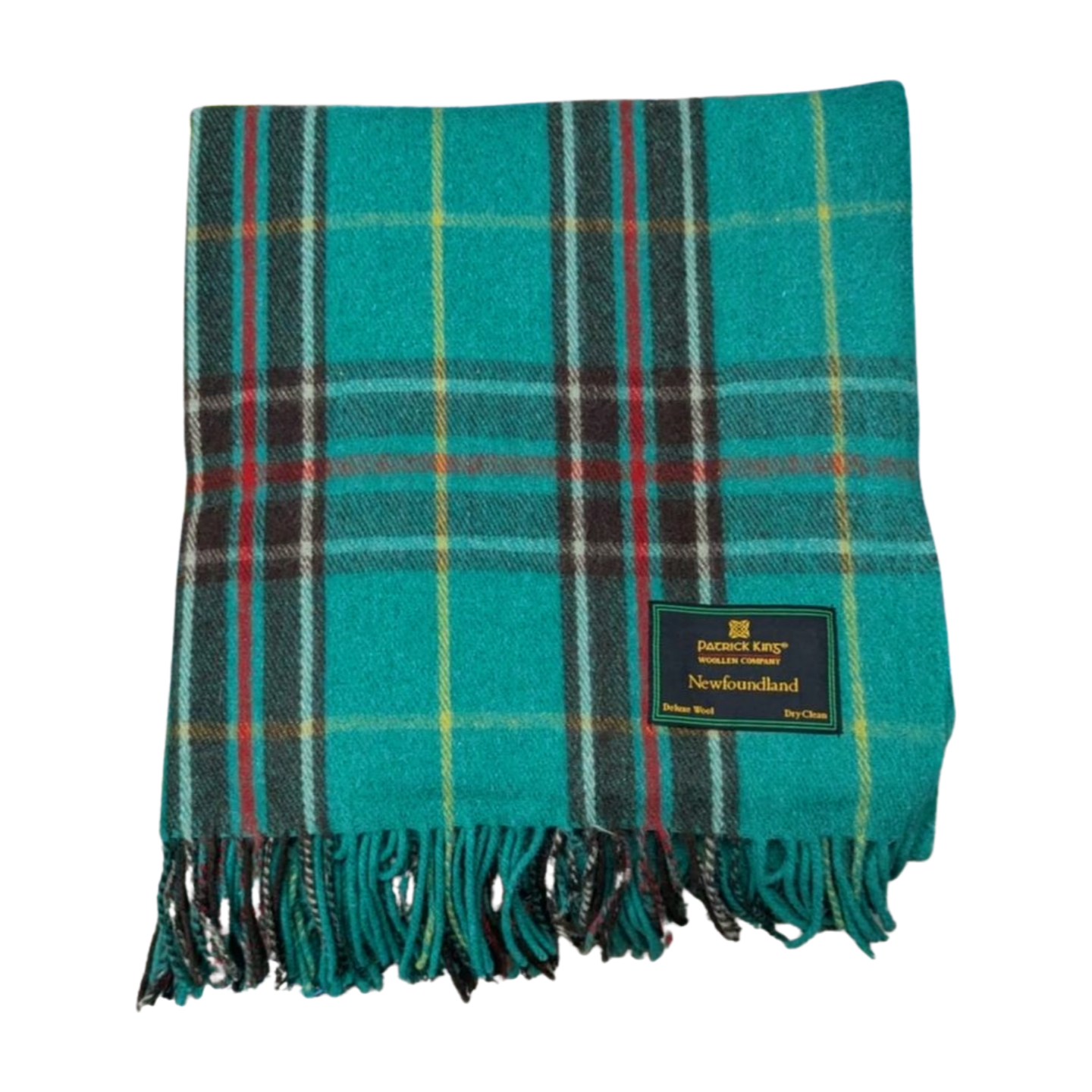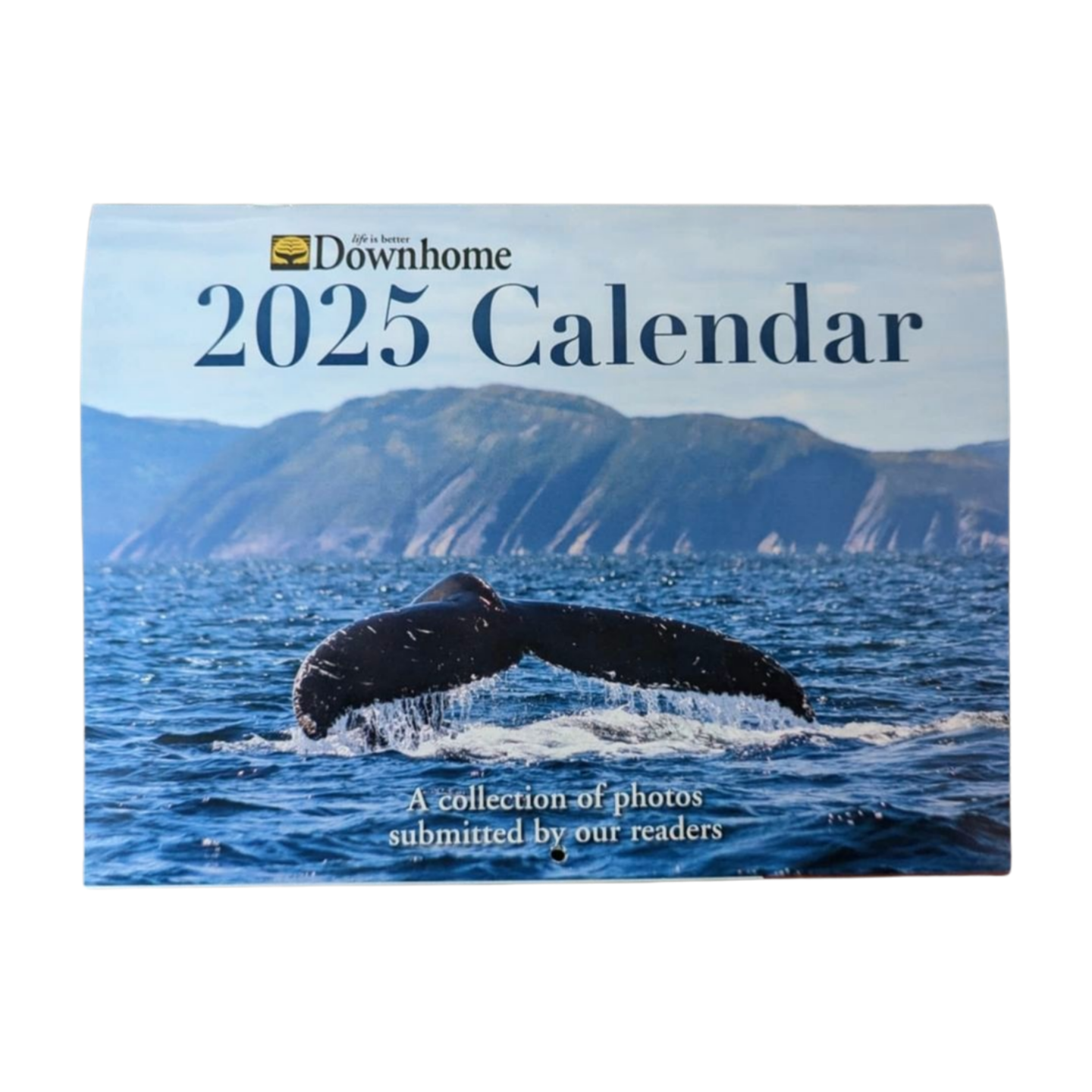By Ivan J. White, proud Mi’kmaw, Flat Bayer and father
I will start with an appropriate introduction, one that connects me to both the people that claim me and the land that sustains me. My name is Ivan Joseph White (Ivan J). I am the son of Ivan and Joanann White; grandson of Gus and Susan White, and Theodore and Pauline Tobin. My family, although extremely large, is incredibly close. We are tied together by the love we know for each other and the values of sharing, inclusivity and collaboration.
Growing up in the Mi’kmaw community of Flat Bay, I was surrounded by friends and family, and never once felt unsafe exploring the lands and waters there. When I tell you it was different from your experience, you may not trust that it was. So I will preface this with words like “unique upbringing” and “this is not your story,” as they are my favourite ways to express how different it really was.
In general, Indigenous communities, if they have been recognized at all and not left in obscurity or as background noise, have been recognized through a settler lens – and that perspective is locked in the past, in stereotypes. To allow you to see me, and to subsequently recognize my community, I will start with what I know as Mi’kmaw culture, the culture I grew up with in Flat Bay.
I am 40 years young, and I will tell you that culture was not feathers, smoke, pounding on drums or dancing. No one did this. The survival of a people resulted in difficult decisions, including the termination of knowledge sharing around the language – which was completely lost in the late 1970s with the death of Mary Francis-Webb, a midwife to hundreds of families from the tip of the Northern Peninsula to Cape Ray. She was strong Mi’kmaw woman who spoke four languages and will be remembered in perpetuity for the strength of her character that was matched only by her ability to heal. Difficult decisions left us with hunter-gatherer, some agriculture, and a whole lot of barter and sharing knowledge skills, and stories, as culture. Mi’kmaw culture is about actioning a genuine love and care for others in the community that most people would only write about, or experience, through fiction.
For most of the population on the island of Newfoundland, there is an innate capacity to be able to speak of their experience and ability to “live off the land.” I won’t, and can’t, argue this as a falsehood. But the experience and abilities we share as a circumstance of living, and surviving, on this island are not the same as the identity that I grew up exploring and experiencing in Flat Bay. It was fundamentally different. It was holistic. A story was as valuable, in fiction and non-fiction form, as the mending of an axe handle or a bag of vegetables. Connecting and growing together through story means something to my people, and I feel it always will.
My home has endured a multitude of hardships: isolation, exclusion and oppression make a good overarching trilogy of themes in chronological order to describe these hardships. But it remains strong, friendly and open to this day through the Bay St. George Mi’kmaw Powwow; the Flat Bay Band’s implementation of social and economic programs beyond basic services; and groups of volunteers who bring people together to make Flat Bay much more than a community – they make it home.
Flat Bay has always provided a great sense of belonging and comfort to me. It taught me the importance of sharing, and I give back and promote those values with the work that I do now for, but never without, them.
Truth and Reconciliation to me, represent the past, present and future. The truth of the past is that we all hear and acknowledge the shared history from the Indigenous perspective. My story, my family’s story, my community’s story, my nation’s story, are all valid pieces of our collective story – humanity’s story. Reconciliation makes the present and informs the future, where we must all work together to share, include and collaborate on making sure the next seven generations know they belong and have the knowledge to survive, grow and do the same for as far as we can imagine into their future.
Ivan J White, Mi’kmaw from Flat Bay, is the Indigenous education specialist with Memorial University’s Office of Indigenous Affairs. He writes from his home in Shallop Cove, shared with his wife Crystal; two kids, Bella and Ivan Jacob; and their fur babies Chess, Checkers and Juno.
Seven generations, or 840 years, is a Pan-Indigenous concept that helps us perceive the future and think of ways to preserve the good things we have and do for the people who will walk Mother Earth in future.










